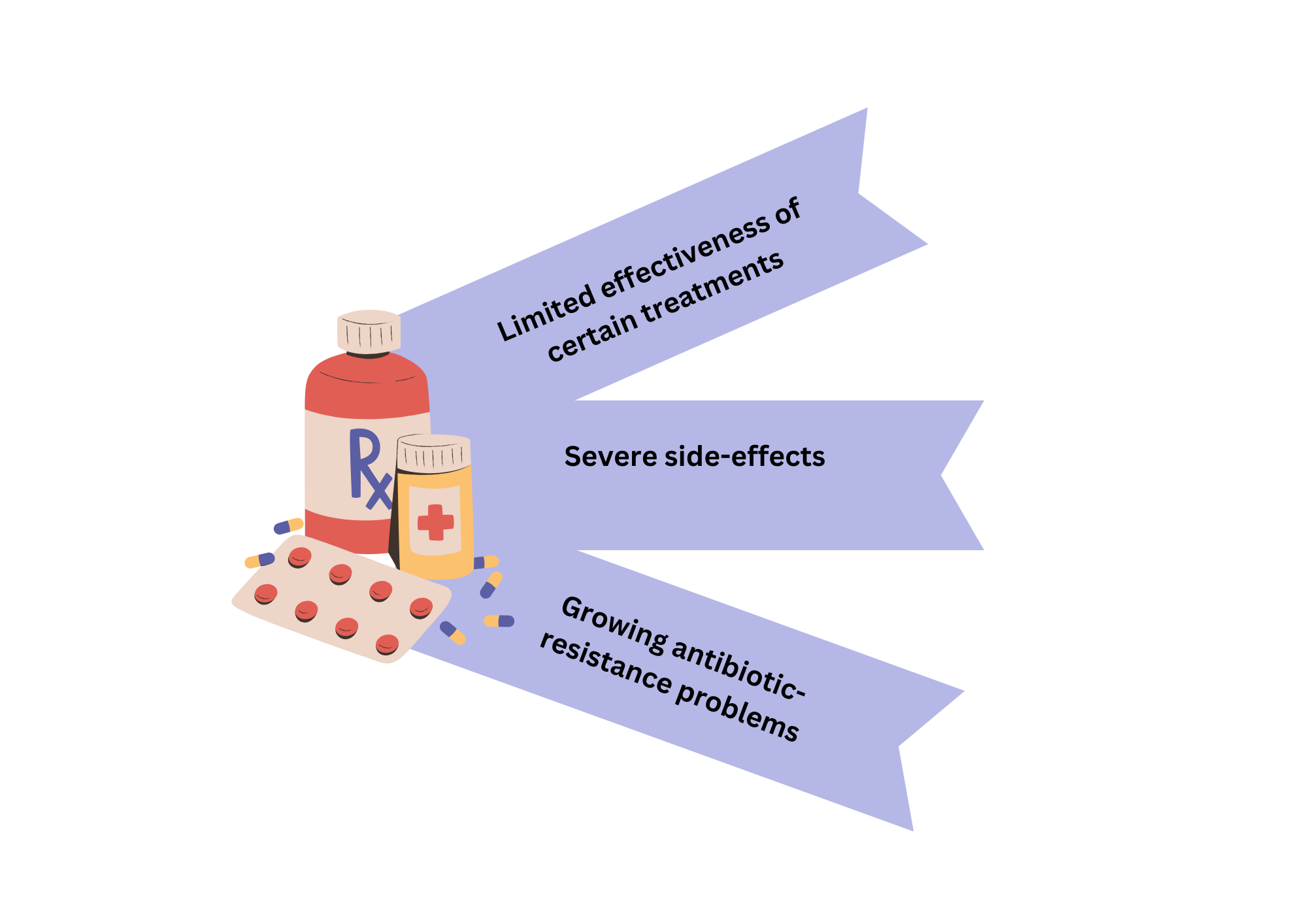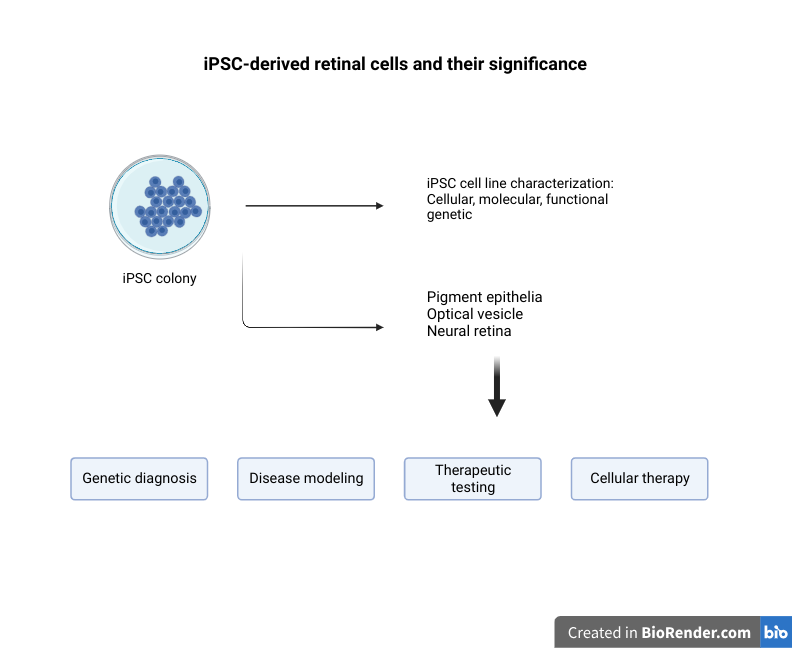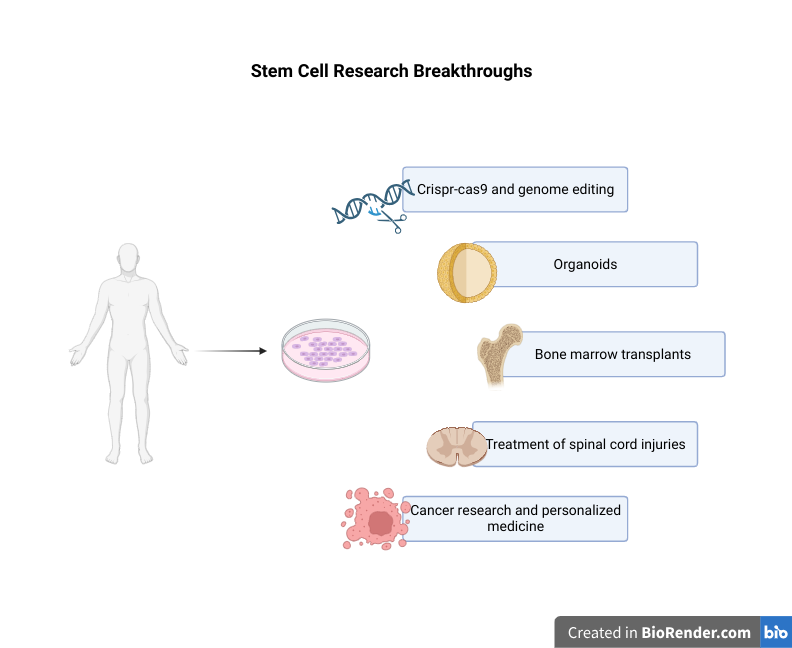
An overview of the limitations of modern medicine
Modern medicine involves drugs, surgeries, and medical practices that are currently used to diagnose, treat, and prevent illnesses and diseases. The combination of science, research, and technology has enabled significant advancements in the field of healthcare (1). While modern medicine has made remarkable advances in treating various diseases, there are some limitations that healthcare professionals face. Some of the limitations of today’s medicine include:
1. Incomplete understanding of the human body: There has been significant progress in medical research to understand the human body, its functions, and its response to diseases. However, there is still so much left to learn and this limitation can hinder the effective and timely treatment of diseases (2,3).
2. Limited effectiveness of certain treatments: Not all treatments and medications available are equally effective for all patients. Some treatments only work for certain patients and some only have a limited effect on some patients. This often depends on the genetics and lifestyle of the patient (2).
3. Side effects: Many medical treatments have side effects that can be unpleasant or even worse than the disease they are intended to treat (3).
4. Growing antibiotic-resistance problem: The overuse and misuse of antibiotics is a growing problem in healthcare as it limits the effectiveness of many common treatments. It has led to the emergence of antibiotic-resistant bacteria, which can be difficult to treat (3,4).
5. Lack of preventive care: While modern medicine is relatively effective in treating diseases, it can be less effective in preventing them from occurring in the first place. Many people still lack access to basic preventive care, such as vaccinations and routine screenings, which can help to early detect and treat disease conditions (4).
All these challenges have made physicians and researchers aware of the crucial role of applied precision medicines. Precision medicine is an emerging approach to prevent and treat diseases based on individuality and variability in genetics, lifestyle, and environment of the person. Tailored health strategies work more accurately than the one-size-fits-all approach, with more consideration for the differences between individuals.
References
1. Singh AR. Modern Medicine: Towards Prevention, Cure, Well-being and Longevity. Mens Sana Monogr. 2010 Jan;8(1):17-29. doi: 10.4103/0973-1229.58817. PMID: 21327168; PMCID: PMC3031942.
2. Powles J. On the limitations of modern medicine. Sci Med Man. 1973 Apr;1(1):1-30. PMID: 4803600.
3. Lim P. Demands and challenges of modern medicine. Ann Acad Med Singap. 2007 Aug;36(8):698-701. PMID: 17767343.
4. Katschnig H. Modern medicine and the one-size-fits-all approach: A clinician’s comment to Alexandra Pârvan’s “Mind Electric” article. J Eval Clin Pract. 2018 Oct;24(5):1079-1083. doi: 10.1111/jep.13003. Epub 2018 Aug 15. PMID: 30109909; PMCID: PMC6175109.



